Monsoon 2023: Avoid Eating These Foods During Rainy Season to Prevent Diseases
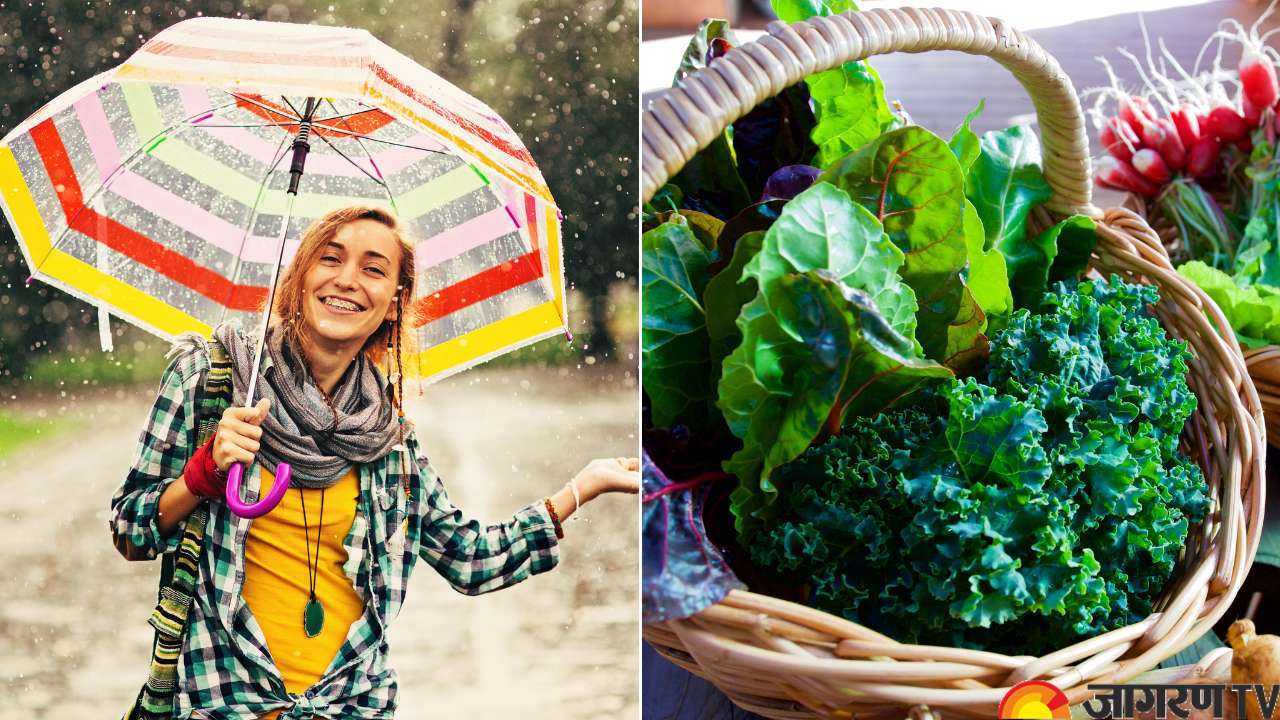
While the rainy season revitalises the environment and provides much-needed relief from the oppressive heat, because of the elevated humidity and the presence of waterborne infections, it also presents certain health dangers. It’s crucial to pay attention to your nutrition during this season if you want to stay healthy and avoid infections. Making savvy decisions and putting food safety first is essential throughout the wet season.
Common Diseases During Monsoon
As the monsoon is approaching, the shift in climate is anticipated to offer much-needed relief from the heat, but it may also bring with it various diseases. As your metabolism slows down during the rainy season, digestive problems including gas, acidity, bloating, nausea, vomiting, stomach discomfort, cramps, constipation, gastritis, and gut sensitivity disorders are more likely to occur.
Foods to Avoid During Rainy Season
Street Food
Although it may be tempting, it is recommended to avoid eating street food when it is raining. Due to their frequent lack of access to hygienic conditions and clean water, street food sellers frequently expose their products to contamination. Consuming such meals raises the chance of getting food poisoning and gastrointestinal illnesses.

Leafy Vegetables
Although leafy greens are typically good for you, you should use caution when eating them in the rainy season. Numerous pollutants and impurities may be carried by rainwater and land on the leaves. Infections and digestive problems may be brought on by these pollutants. To reduce danger, use well-cleaned and cooked veggies.
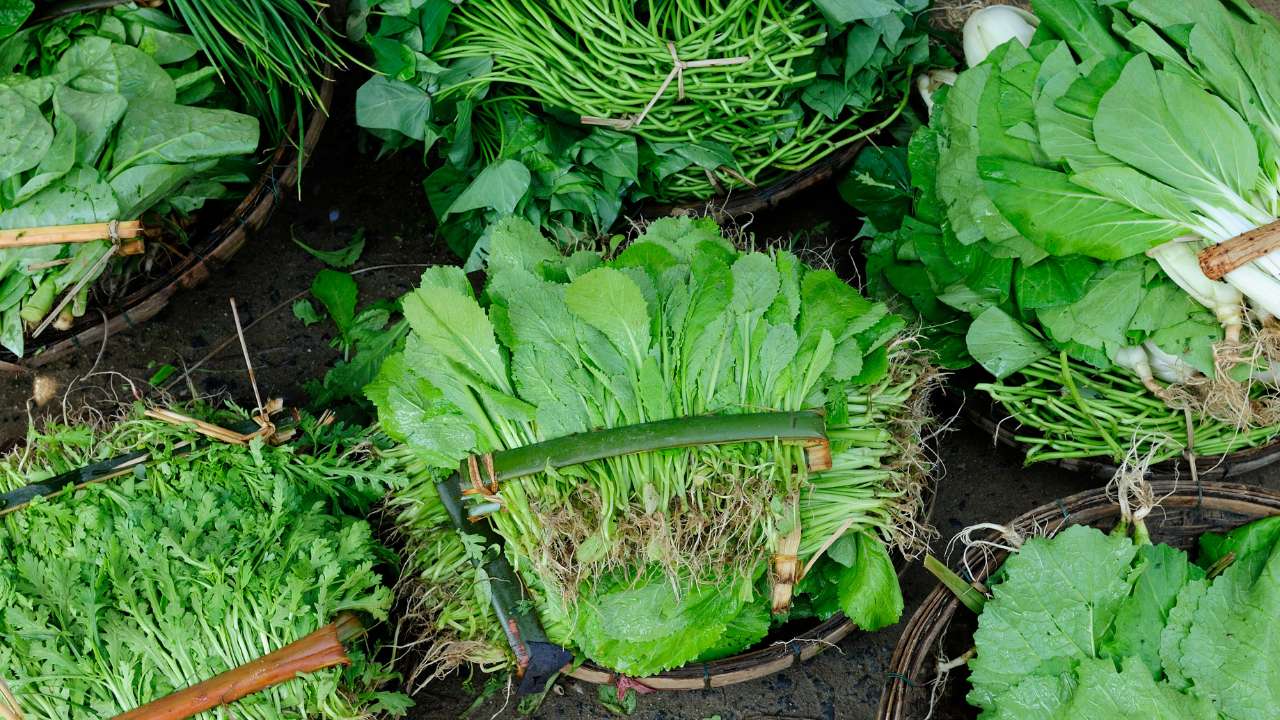
Salads
For many people, raw salads with ingredients like lettuce, cucumber, or sprouts are a favourite. However, it’s recommended to avoid raw salads during the rainy season as they could contain dangerous germs or parasites that prefer damp environments. To ensure food safety, choose boiled or lightly steamed veggies instead.
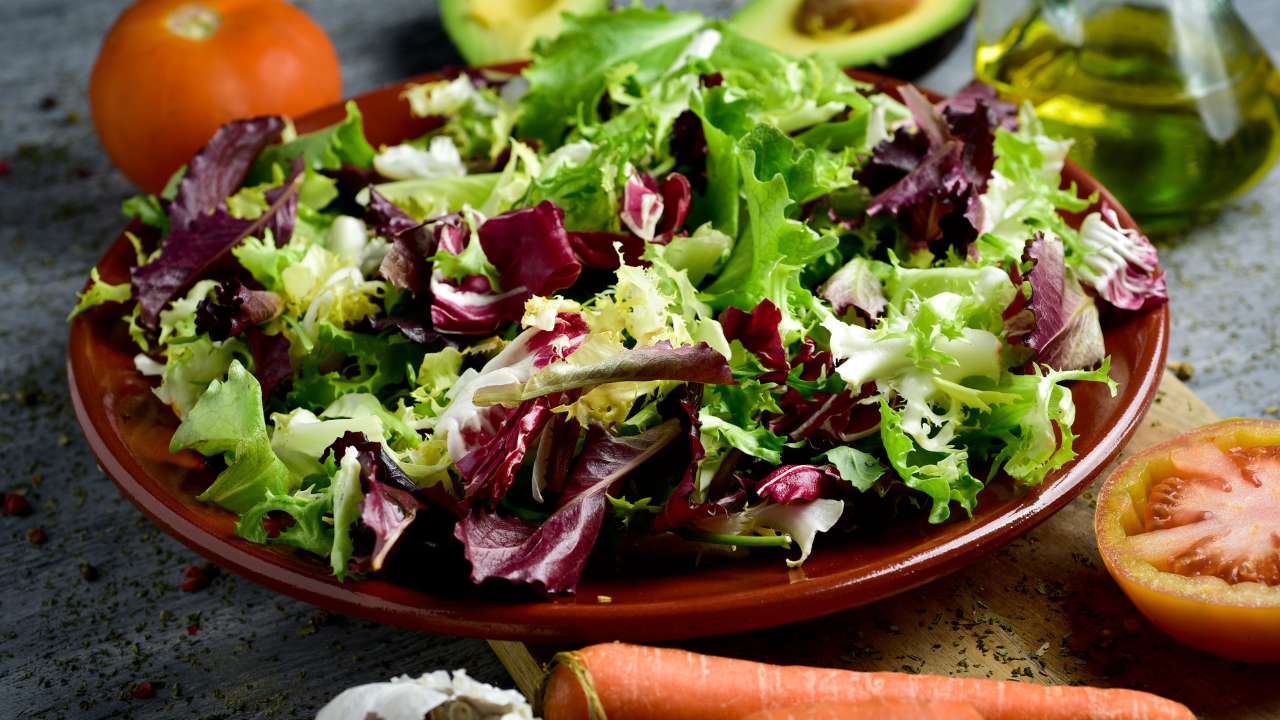
Oily & Fried Food
Deep-fried appetisers and comfort meals like pakoras and samosas are difficult to resist on rainy days. Such meals, however, are hefty, challenging to digest, and may cause gastrointestinal problems. The excessive oil content can also impair the digestive system and raise the danger of contracting foodborne infections.

Seafood
Even though seafood connoisseurs might be disappointed, it’s best to stay away from seafood during the rainy season. Seafood is more likely to become infected with hazardous germs during the monsoon because of the increased risk of contamination in water bodies. Food poisoning and other gastrointestinal issues are also possible outcomes of these microorganisms.

Cut Fruits
Although readily accessible in the market, pre-cut fruits and unpasteurized fruit juices should be avoided during the rainy season. The incorrect handling and storage of these objects puts them at a higher risk of infection. Instead, choose entire fruits that can be peeled, washed, and eaten.
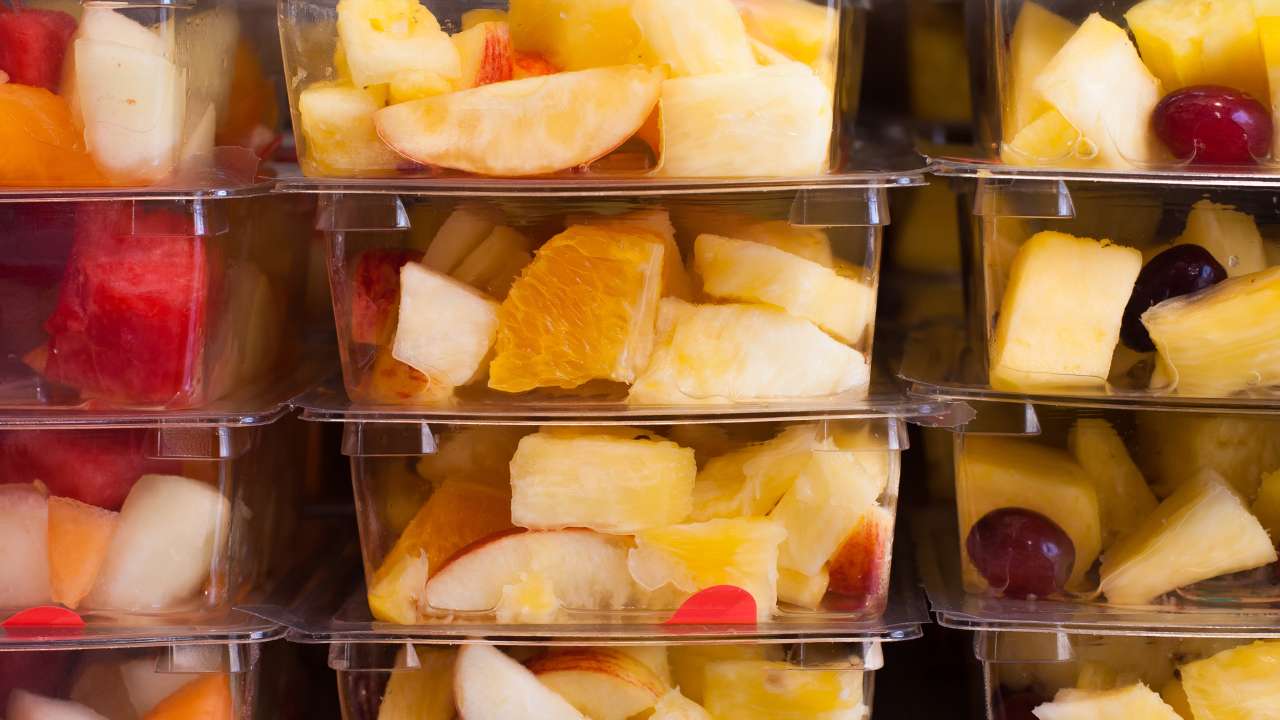
Dairy Products
Milk, cheese, and yoghurt are dairy items that should be taken with caution during the rainy season. Air moisture can encourage the development of bacteria, which can cause dairy products to deteriorate. Dairy products should be properly stored and consumed before their expiration dates to maintain food safety.
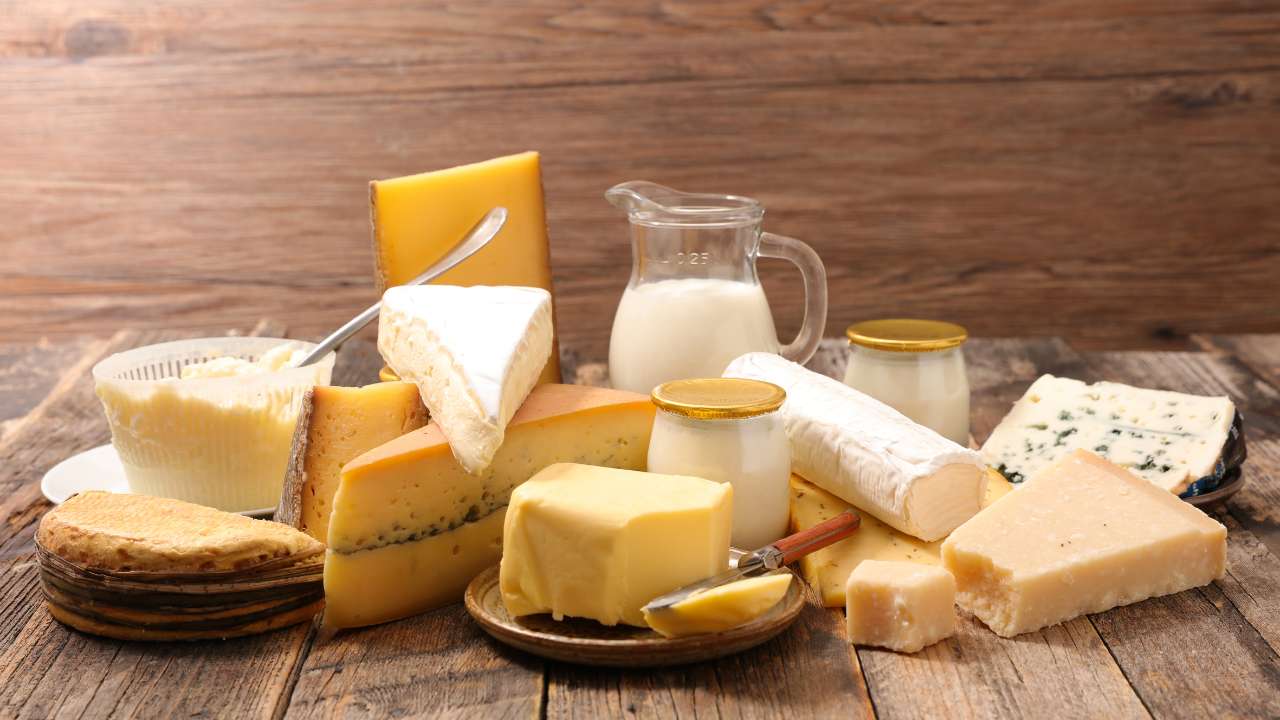
Related videos
-
Weather Update: IMD Issues Warning For Heavy Rainfall In Uttar Pradesh And Other States ...
-
Delhi Weather: Risk of Floods Looms Over Yamuna River As IMD Predicts Heavy Rain ...
-
Monsoon Romance Playlist: ‘Saiyaara’ To ‘Tum Hi Ho’, Top Romantic Songs To Tune Into While ...
-
Parliament Monsoon Session: Amit Shah Loses Cool As Opposition Interrupts FM Jaishankar ...









